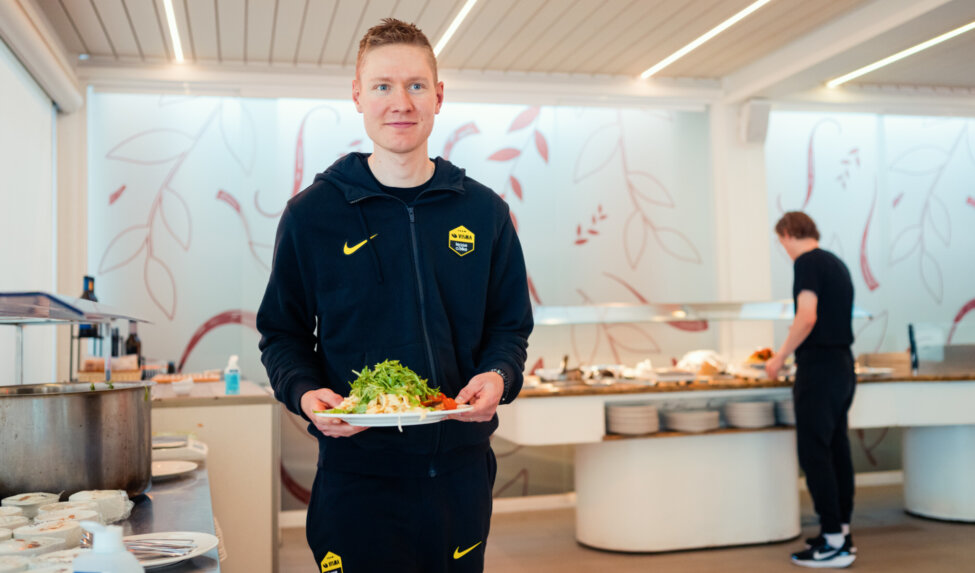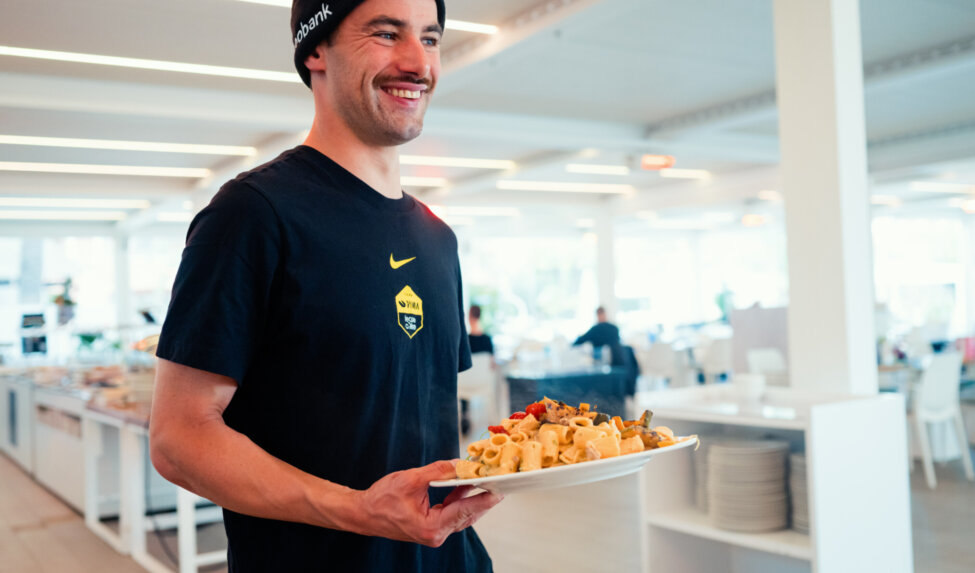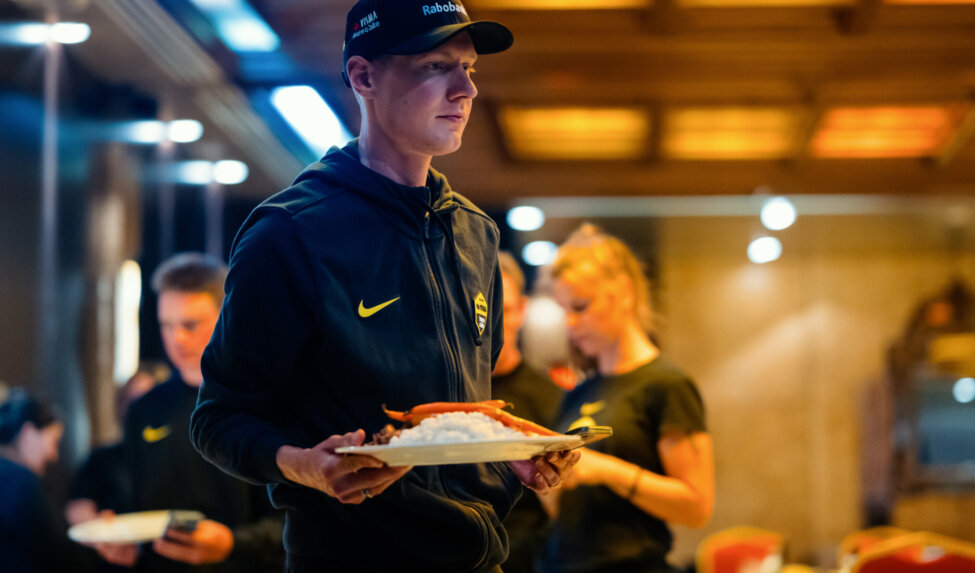Redegeld about challenges relating to diet, weather influences and supplements
The Spring Classics are well underway. They require good preparation, the right diet, and renewed energy to pull out all the stops. Martijn Redegeld, performance nutritionist, about the challenges relating to diet, weather influences and supplements.
What is the biggest challenge in terms of diet when taking part in a Classic?
There are several dietary challenges associated with a true Spring Classic:
- Finding an effective and tasty way to consume the huge amount of energy required on a day like this. This requires experience, creativity and, above all, a good, well-structured plan to ensure that all cyclists consume the right amounts of the various nutrients at the right times. It’s important to process this into tasty and easily digestible products, so that it’s easy for the cyclists to consume these nutrients (while preventing excessive consumption).
- Trying to limit weight increase associated with carbo-loading (whilst also ensuring that cyclists are “fully powered up” at the start of the race)
- - The aim is to constantly maintain a maximum carbohydrate intake during the race from start to finish. When combined with a large breakfast and cold or wet weather conditions, this may at times be challenging and become something of an obligation.’ Cyclists are therefore also trained for this. In addition, we make a comprehensive plan for each Classic to ensure that there’s someone handing out water bottles or supply bags at all the crucial points in the races.
Do weather conditions influence dietary choices before and during a Classic?
Of course. Rain, snow and cold temperatures increase a cyclist’s energy consumption. After all, it costs energy to keep the body warm. At the same time, the cyclists are less inclined to eat and, in particular, to drink in these conditions (feel less thirsty). Furthermore, it is more difficult to grab an energy bar or gel if you’re wearing wet gloves and many layers of clothing. When there’s a lot of wind, there is always a risk of potential crosswinds and the formation of echelons. This automatically means a significant increase in the intensity of physical exertion (and a rise in energy consumption) and less time to eat and drink.
Which Virtuoos supplements do the cyclists use to support their immune system during the winter months?
- Vitamin D: the cyclists produce far less of this during the winter months due to lack of sunlight. We therefore top it up with a supplement.
- Possibly Omega-3: to compensate for any deficiencies from the cyclist’s daily diet if necessary.
- Possibly a Multi: to ensure that the cyclists always consume a good basic supply of vitamins and minerals.
The latter two are not used for all cyclists as standard but the supplements may be included in a cyclist’s total dietary plan based on their individual requirements. They help to support the immune system and perform other functions.












